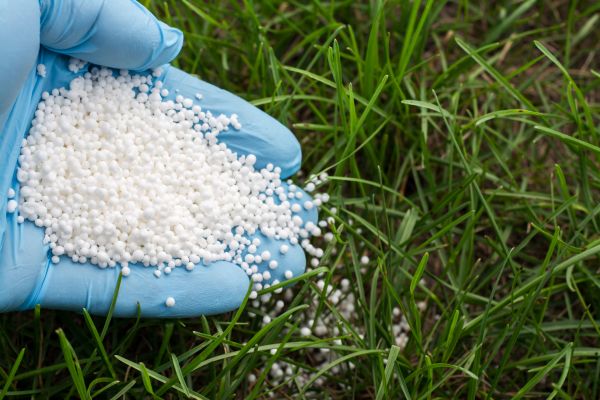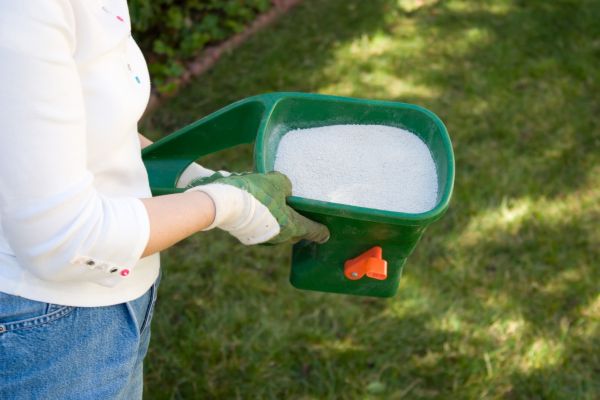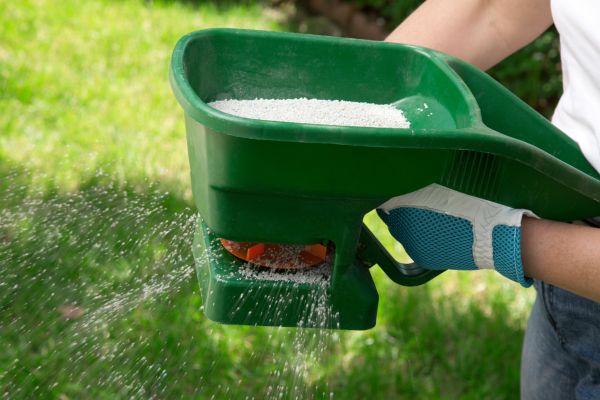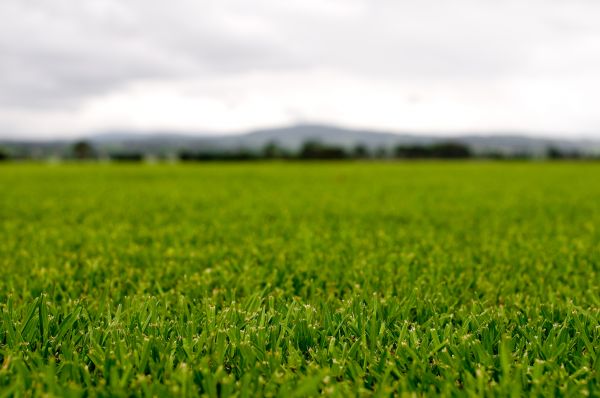Yard Fertilization Service
Affordable Yard Fertilization
Yard fertilization is a crucial aspect of maintaining a healthy and vibrant lawn. It involves the application of nutrients to the soil to promote the growth and health of grass and plants. Fertilization ensures that your lawn receives the essential elements it needs, such as nitrogen, phosphorus, and potassium, which are vital for root development, disease resistance, and overall plant vigor. Without proper fertilization, lawns can become thin, patchy, and susceptible to weeds and pests. Regular fertilization not only enhances the aesthetic appeal of your yard but also contributes to a more robust and resilient ecosystem.
Benefits of Yard Fertilization
-
Enhanced Growth and Color
Fertilization provides the necessary nutrients that promote lush growth and vibrant green color. These nutrients aid in the development of strong roots and dense grass, leading to a fuller and more visually appealing lawn. -
Improved Resistance to Pests and Diseases
A well-fertilized lawn is more resistant to common lawn pests and diseases. The nutrients strengthen the grass, making it less susceptible to damage from insects and fungal infections, which can otherwise cause significant harm. -
Weed Reduction
Thick, healthy grass that results from proper fertilization can crowd out weeds, reducing the need for chemical weed control. By promoting a dense turf, fertilization naturally suppresses the growth of unwanted plants. -
Increased Drought Tolerance
Fertilized lawns develop deeper root systems, which improve their ability to withstand periods of drought. This resilience means your lawn will stay greener and healthier even during dry spells, requiring less frequent watering.
FAQs About Yard Fertilization
How often should a yard be fertilized?
Typically, fertilization should be done at least twice a year, in the spring and fall. However, the specific frequency can vary based on your lawn's needs and local climate conditions.
What type of fertilizer should be used?
The type of fertilizer depends on your soil's nutrient needs. Conducting a soil test can help determine the best fertilizer formulation, ensuring your lawn receives the appropriate balance of nutrients.
Is it safe for pets and children?
Most fertilizers are safe for pets and children once they are properly applied and watered in. It is advisable to follow the manufacturer's instructions and keep pets and children off the lawn until the fertilizer has been absorbed into the soil.
Can fertilization help with compacted soil?
While fertilization primarily provides nutrients, it can be part of a broader lawn care strategy that includes aeration to help alleviate soil compaction and improve overall soil health.
Bold text: Fill out the contact form today to request Yard Fertilization and enjoy the benefits of a professionally maintained lawn. Experience enhanced growth, improved pest resistance, reduced weeds, and increased drought tolerance with expert care.




